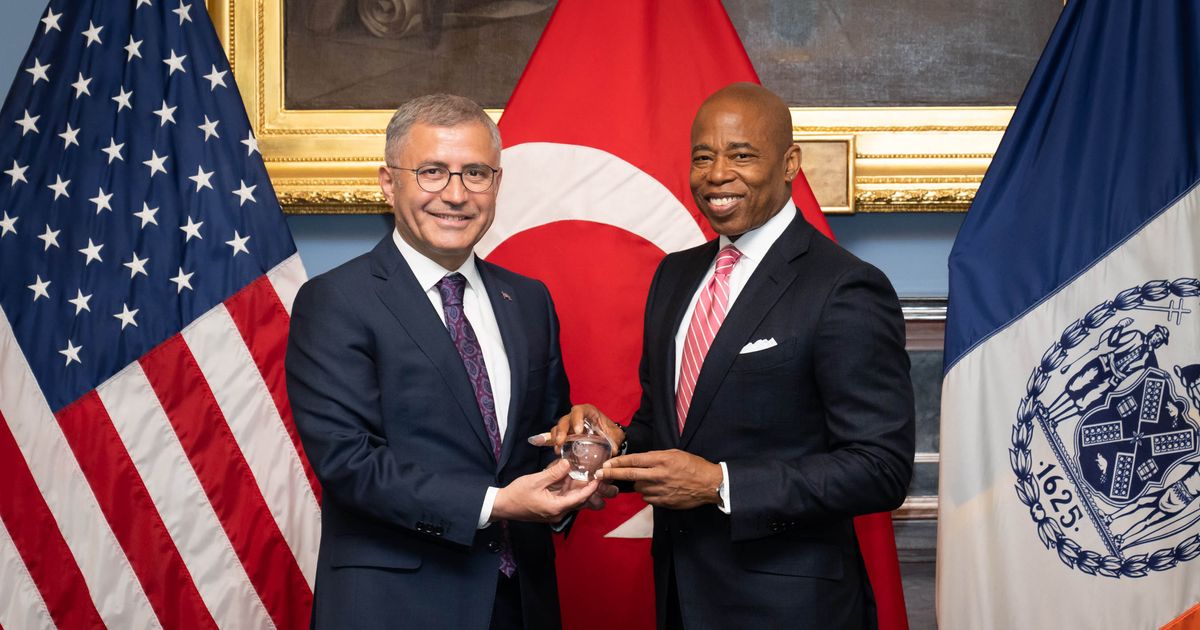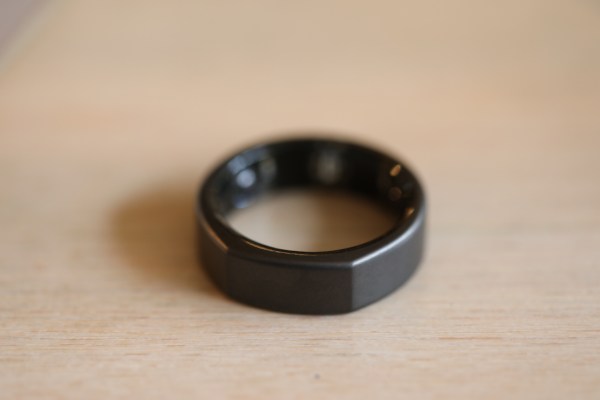Lessons from the Iraqi case
So why did all this come about?
For decades the Kurds of Iraq have been oppressed and suppressed. They have been treated as third-class citizens and the Iraqi authorities have left the northern parts of the country unattended.
There have been no real investments in the region of any kind. The Iraqi rulers only built roads to move their military across the north and flex their muscle whenever the Kurds raised objections. They did not bother to build the infrastructure of the region. They did not provide proper health services, educational facilities and other social services despite the fact that they were making good oil money. The north was left to its slow demise.
On top of all this when the Kurds raised objections and wanted to protest the Iraqi authorities came down on them with an iron fist. They later started a campaign of Arabization driving the Kurds and the Turkmens out of their homes in many northern provinces and forcing them to migrate to other parts of the country while their homes were taken over by Arabs.
The Kurds started a liberation movement and struggled for decades against oppression and deprivation. Instead of trying to listen to their rightful demands and complaints the Iraqi officials responded with the use of force killing and torturing the Kurdish masses. The more oppression the more the Kurds felt alienated.
Does all this ring a bell? Have we seen a more watered down version of all this in southeastern Turkey in the 1990s?
The end of the Gulf war saw the establishment of a safe haven for the Kurds in northern Iraq thanks to the help of Turkey, the United States and Britain. The Kurds saw relative prosperity and freedom and managed to start rebuilding from the ashes of oppression. With Saddam gone now they realize that they once again have a chance to become first class citizens of Iraq and thus are giving up some of their gains. They agree to become an integral part of Iraq for the sake of national unity. They have shown the maturity of making sacrifices for the sake of peace and preserving the unity of a country.
This is an excellent case study for those who want to see what happens in a country where people are oppressed and alienated. This should be a lesson to those who have frequently subscribed to iron fist tactics in Turkey against our citizens of Kurdish origin, especially in the Southeast. The governments who served in Turkey between 1991 and 2002 failed to see all this and made a mess of everything. But because Turkey was a semi-democracy we still could maintain a degree of sanity that Saddam lacked.


